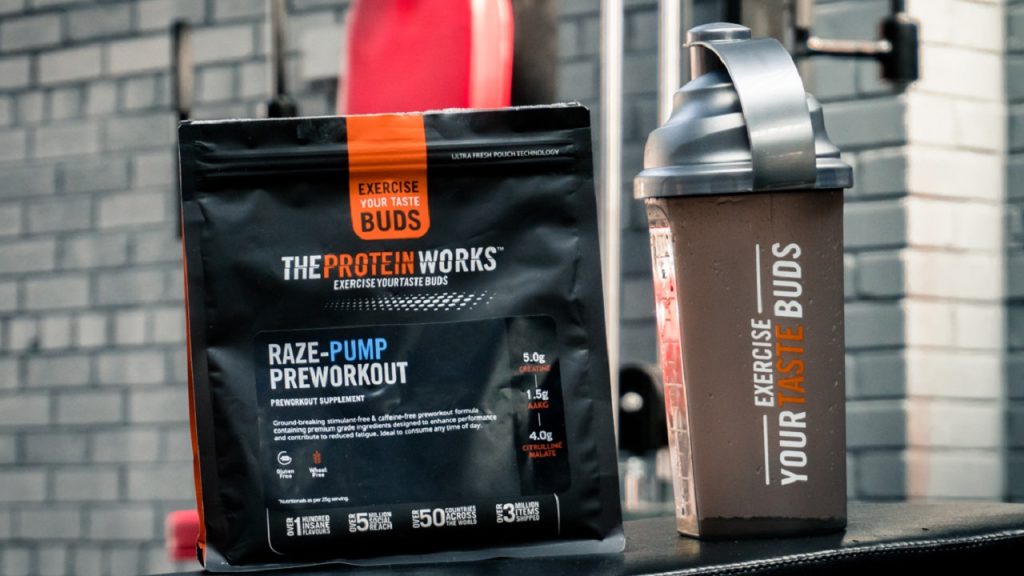
The Effects Of Caffeine In Weight Training
Caffeine is a great fat burner and anti-fatigue supplement. But there are benefits that are more immediate from acute caffeine supplementation, especially when used in weight training. Caffeine taken 30 to 60 minutes before a training session can have a marked effect on your lifting.
Caffeine‘s effect on endurance
Caffeine has been shown to improve endurance during weight lifting. What this means in real terms is that you are able to push out more repetitions in a set thanks to caffeine. Anywhere up to a 20 percent increase in endurance can be expected from taking caffeine before a weight lifting session.
Caffeine’s effect on power
The effect of caffeine on power and intensity of training is very evident. Taking caffeine on low-rep, high-weight workouts can improve the amount of weight lifted by increasing the flow of blood to the muscles in use. Research shows that caffeine intake can help you lift more weight and prolong the time to fatigue. Caffeine forces blood away from the skin and other organs and into the muscles being immediately used, increasing power. In conclusion, caffeine can increase muscle power, albeit indirectly.
Caffeine’s effect on exertion
Caffeine eases the pain felt during training. The Rate of Perceived Exertion (RPE) is a measurement of how intense an exercise feels to someone. Caffeine’s effect on RPE shows that people who take the supplement tend to underestimate their RPE. This means that caffeine can help you push harder for longer without feeling any worse. RPE is always lower after caffeine ingestion.
Caffeine’s effect on heart rate and blood pressure
Caffeine is a stimulant. Caffeine raises both heart rate and blood pressure. You should be aware of how much caffeine you are taking in and how much your body can handle. There is a dose relationship between caffeine and performance. This tends to lie between 200mg and 400mg of caffeine per day. Too much caffeine can compromise your health and performance, so be careful!







No Comments yet!